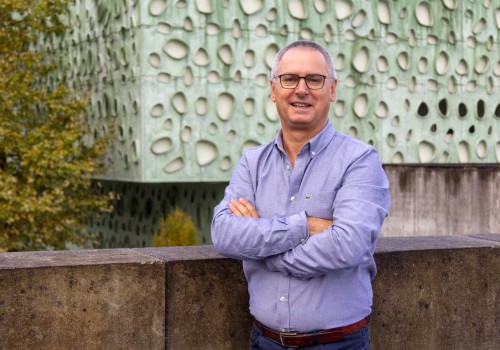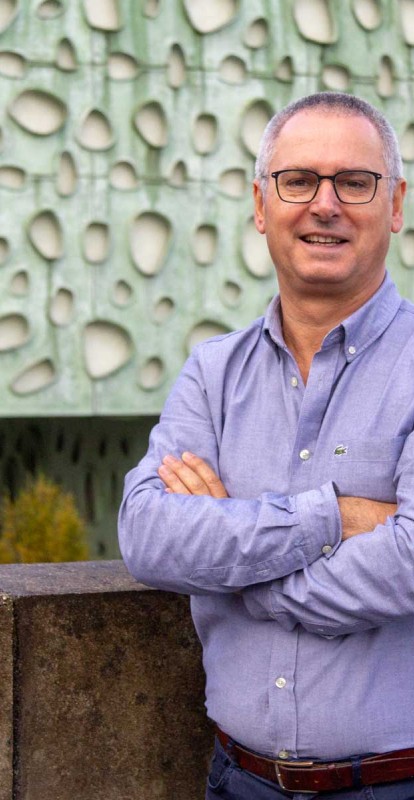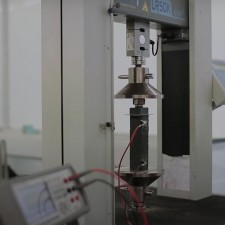
News
Natural Fibers - For a more sustainable future!
Opinion Article by Raul Fangueiro, Fibrenamics - UMinho Coordinator.
From 17th to 19th will take place the 5th edition of the ICNF – International Conference on Natural Fibers, this time online, due to the current pandemic circumstances.
Organized by Fibrenamics – University of Minho since 2013, this technical-scientific event has conquered a space of particular relevance in the Natural Fibers research panorama.
This year’s edition will feature the presentations of more than 250 research, development and innovation works carried out by the most prestigious Universities and Research Centers, representing 40 countries and covering 5 continents. It is, therefore, an important event, not only due to the relevance of the theme, but also due to the impact it has on the international scientific community.
With a very transversal view on the extraction, processing, functionalization and use of natural fibers, including linen, wool, silk, hemp and cotton, the conference focuses on the Materials of the Future theme, clearly assuming the fundamental role of these materials in building a more sustainable future.
In fact, areas such as automotive, aeronautics, fashion, civil construction, architecture or health, have been benefiting strongly from the scientific advances that have occurred in the last decades in this field, focused mainly on the combination of intrinsic characteristics associated with sustainability and the performance provided by these materials.
Biocomposites for use in automotive and aircraft components, geotextiles for use in soil reinforcement, nanocellulose for use in medical devices and fibers for reinforcing construction mortars, are just some examples of fundamental themes for the use of advanced natural fibers. In this context, nanotechnology is also of particular importance in the search for the most appropriate solutions for specific applications, in a logic of multiscale analysis of materials, with a view to their manipulation at the nano, micro and macro scales.
Considering the circular economy as one of the fundamental aspects for the development of humanity, ICNF2021 includes in its program several reference presentations in this field, with particular relevance for the intervention of the renowned scientist Seeram Ramakrishna from Singapore.
In this context, the scientific community has developed significant knowledge on how these natural-based materials can, at the end of their life cycle, be decomposed into their various constituents (building blocks), and each of them be processed independently, giving rise to new materials and products.
This is undoubtedly one of the most relevant aspects of ICNF2021, with strong integration with the Action Plan for the Circular Economy of Portugal and the “Green Deal” of the European Union.
Seeking to achieve a pragmatic and fruitful integration between universities and companies, ICNF2021 also intends to assert itself as a privileged forum of discussion and approximation between these two realities, assuming the knowledge transfer and its conversion into products and technologies, as a fundamental vector of its realization.
We are all few together to overcome the challenges of sustainability on our planet!


